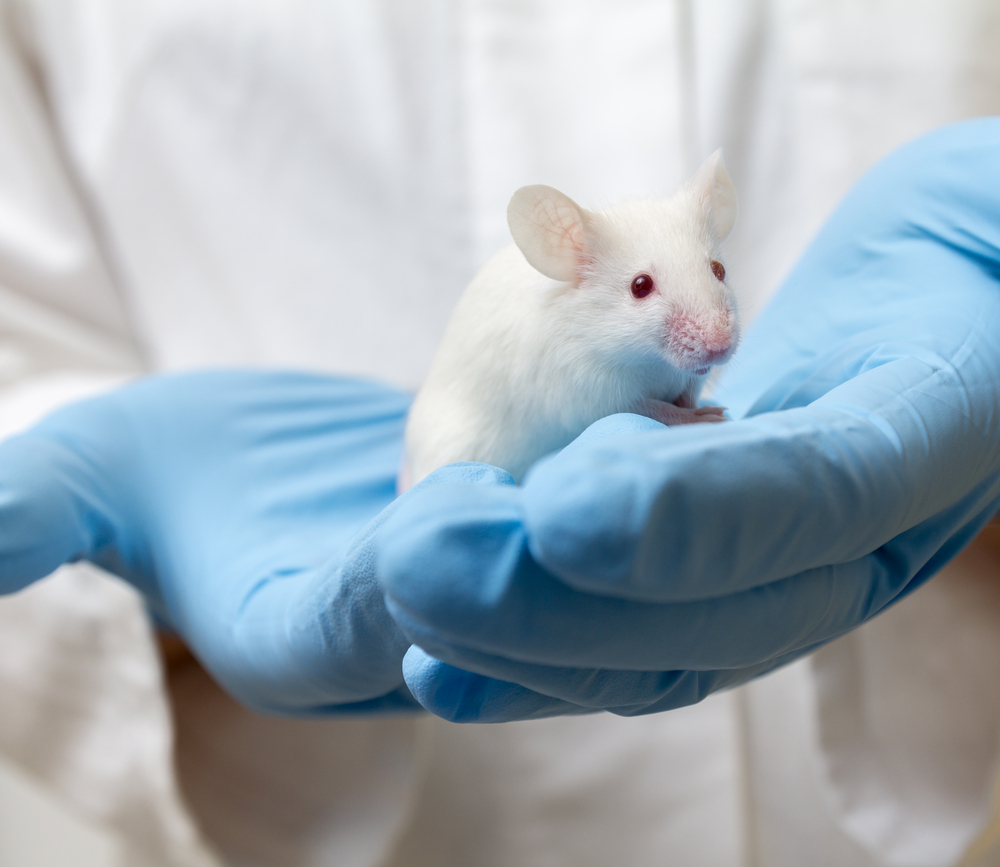Retrotope’s RT001 Reduced Cognitive Defects in Mice with Huntington’s Disease, Study Shows
Written by |

Retrotope’s investigative therapy RT001 reduced cognition deficits in mice with Huntington’s disease, and was found to lower the amount of oxidative damage in their brains.
The study, “Deuterium‐reinforced linoleic acid lowers lipid peroxidation and mitigates cognitive impairment in the Q140 knock in mouse model of Huntington’s disease,” was published in The FEBS Journal.
Huntington’s disease is characterized, at the cellular level, by high levels of oxidative stress, which generates specific molecules that attack and degrade polyunsaturated fatty acids (PUFAs) — fat molecules that are essential for the maintenance of cellular membranes.
Oxidative stress is associated with increased production of oxidizing species, or a significant decrease in the effectiveness of antioxidant defenses, and results in damage to proteins, lipids, and DNA.
This damage, if left uncontrolled, leads to cellular death. It is detected at the very early stages of Huntington’s disease and is thought to contribute to disease worsening.
RT001 is an orally available, highly stable version of an essential PUFA called linoleic acid. “Essential” means it cannot be synthesized by the body and must be obtained from food.
The therapy stabilizes cellular membranes against oxidative attack and restores cellular health, and has shown early signs of success in treating Friedreich’s ataxia, a degenerative disease of the nerves and muscles.
Researchers fed a mouse model of Huntington’s disease with a diet supplemented with RT001 for five months, starting at the age of 1 month. They then evaluated whether the diet had a protective effect against cognitive decline.
RT001 was able to reduce cognition deficits in these animals, as shown by improved performances in the novel object recognition (NOR) test in mice, where researchers evaluate the ability of mice to recognize a familiar object.
The animal is presented with two similar objects, then one of the objects is replaced by a new one. Mice with no problems in cognition and memory spend more time exploring the new object than exploring the familiar one.
Improvement in cognition was linked to a simultaneous reduction in the levels of oxidative stress, specifically in oxidative damage of lipids in the brain. However, RT001 did not significantly improve animals’ motor function.
“The lack of significant improvement of motor deficits by D-PUFA [RT001] in our model suggests that the clinical benefits of our approach may be limited to the cognitive aspects of [Huntington’s disease],” researchers wrote.
However, they noted that the motor deficits observed in these animals may not reflect those experienced by human Huntington’s patients.
“Lipid peroxidation has been implicated in many neurodegenerative diseases for decades, but has never been successfully addressed therapeutically,” Mikhail Shchepinov, chief scientific officer and co-founder of Retrotope, said in a press release.
He said it is “evident” from the Huntington’s mouse model, as well as the Phase 1/2 trial in Friedreich’s ataxia, improvements in two patients with infantile neuroaxonal dystrophy, and many preclinical studies, that “lipid peroxidation is a validated, druggable target across many diseases of neurodegeneration.”
Robert Molinari, CEO of Retrotope, said the Huntington’s disease mouse study adds to other models of neurodegenerative diseases where disease-modifying effects were observed using RT001, “including improvements in cognition and motor skills.”
“Also, due to the essential role of PUFAs in membrane lipid remodeling essential for healthy cells, D-PUFAs are everywhere accessible to tissues that need them — an otherwise key obstacle in neurodegeneration,” Molinari added. “It’s time for the neurology community to embrace this new target class and drug strategies that effectively address it.”





